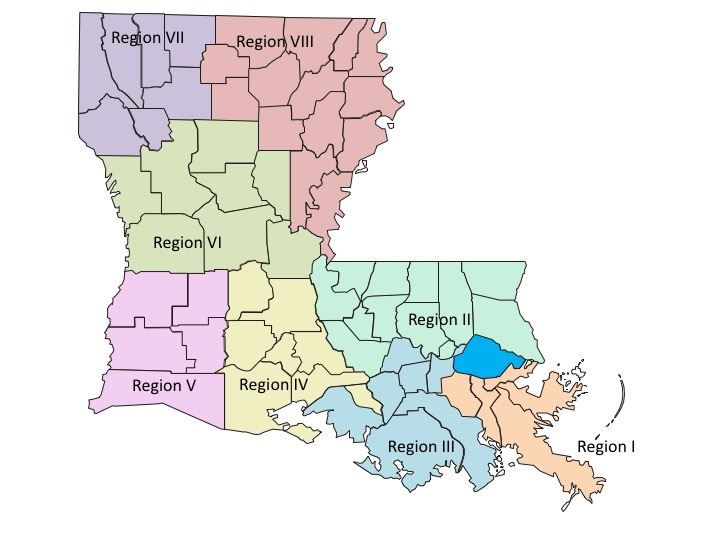Louisiana SchoolPsychologicalAssociation |
Crisis, Trauma, & Disasters
This page provides links to information for teachers, parents, practitioners, and more. If you develop materials that you would like to share, contact the webmaster and explore the possibility of posting your materials online. **LSPA does not specifically endorse any materials, resources, trainings or organizations listed here nor do we maintain the links provided. If you have an immediate crisis, call 911. Additionally, the National Suicide Lifeline number is 1-800-273-TALK.
Resources & InformationResponding to COVID-19 In response to COVID-19, NASP has outlined action steps for school crisis response teams and tips for talking with children about Coronavirus. The Centers for Disease Control and Prevention have also posted resources for schools to use as they plan, prepare, and respond. Hurricanes & Other Crisis Situations In Louisiana In the midst of a crisis, please let us know of any LSPA members who have been impacted. Please send names and as much information as you can provide to president.lspa@gmail.com. Use the resources below to continue to aid in recovery. We aim to support recovery efforts in any way we can. 2016 Louisiana Flood: THANK YOU! Thank you to all members, friends, and family who donated time, money, and a supportive ear to support members and the greater community impacted by the 2016 Louisiana Flood. Recovery is expected to be ongoing and we hope that LSPA can be a resource for families, students, educators, and school psychologists. Here are some resources from NASP about the 2016 floods that may be helpful today: PPT Webinar and Flood Resilience. |
LSPA School Safety, Trauma and Crisis CommitteeThis committee is new and is looking for members with skills to assist districts, families, students, crisis teams across the state and regionally. If you are interested in assisting in any way (serving as a resource or contributing), please contact sarahpfletcher@gmail.com. In planning, here is a link to the Ohio School Psychologist Association's Crisis Committee that serves a similar function.  | NATURAL DISASTERS
|
Professional TrainingsAmerican Red Cross Disaster Mental Health Worker: This provides the eligibility and training information about becoming a DMHW. Certified School Psychologists, Certified School Counselors, LPCs or LMSWs, or those retired with a certification/license in the past 5 years are eligible. FEMA: FEMA offers free online training on a variety of topics. Here are some examples:
Suicide Prevention Resource Center: SPRC offers free online courses open to anyone. Here are some examples:
NASP PREPaRE: The PREPaRE curriculum has been developed by the National Association of School Psychologists (NASP) as part of NASP's decade-long leadership in providing evidence-based resources and consultation related to school crisis prevention and response. PREPaRE training is ideal for schools committed to improving and strengthening their school safety and crisis management plans and emergency response.
NOVA: Crisis Response Team (CRT): Evidence-informed and field-tested best practices as a crisis management utility that includes trauma mitigation and education protocols.
US DOE REMS: Readiness & Emergency Management for Schools: Virtual Trainings, Examples:
Crisis Prevention Institute: CPI Training and consulting in behavior management and dementia care.
Handle with Care: To help schools and organizations create and maintain safer, more caring environments by teaching preventative actions that result in a decreased need for physical restraint.
CBITS: Cognitive Behavioral Intervention for Trauma in the Schools: Included in the Substance Abuse and Mental Health Services Administration's National Registry of Evidence-Based Programs (NREPP) and received high scores from NREPP on quality of research and readiness for dissemination. Supported by the National Child Traumatic Stress Network. A CBITS adaptation—called Support for Students Exposed to Trauma (SSET)—allows teachers and school counselors with no mental health training to deliver a modified program.
ProTrainings: Provides online or hybrid CPR, 1st Aid, Defibrillator and other basic care training and recertification.
Gun Related Crisis Data
Books & Publications
| School SafetyPrograms
Louisiana School Safety
US DOE
NASP
Other StatesSuicide & Threat Assessment
Louisiana Links
|